Today, we touch upon a cornerstone of our faith, a concept that brings peace to the heart and strength to the soul: Tawakkul (التوكل), profound trust and reliance upon Allah SWT. It’s not mere passive waiting, but an active state of the heart tied to striving, knowing that the ultimate control and success lie only with Him.
The root word ‘و-ك-ل’ (W-K-L), from which Tawakkul derives, appears numerous times throughout the Quran, highlighting its immense significance in the life of a believer.
Let’s reflect together, insha’Allah, on some powerful verses from the Quran that illuminate the path of Tawakkul, offering guidance and comfort.
1. A Quranic Verse States That Allah is Sufficient for the One Who Trusts Him
Before seeking provision or fearing hardship, the believer turns their heart towards the ultimate Provider. This verse is a reminder of where our true reliance should lie.
“… وَمَن يَتَوَكَّلْ عَلَى اللَّهِ فَهُوَ حَسْبُهُ ۚ إِنَّ اللَّهَ بَالِغُ أَمْرِهِ ۚ قَدْ جَعَلَ اللَّهُ لِكُلِّ شَيْءٍ قَدْرًا”
“… Waman yatawakkal ‘ala Allahi fahuwa hasbuh(u), inna Allaha baalighu amrih(i), qad ja’ala Allahu likulli shay’in qadra.”
“… And whoever relies upon Allah – then He is sufficient for him. Indeed, Allah will accomplish His purpose. Allah has already set for everything a [decreed] extent.” (Surah At-Talaq, 65:3)
SubhanAllah! Reflect on the word “Hasbuh” (حسبه) – He is sufficient for him. It doesn’t just mean Allah will give some help; it implies complete and total sufficiency. Whatever you need, whatever you fear, placing your Tawakkul in Him means He is your sufficiency.
This doesn’t negate taking permissible means (asbab), but it anchors the heart’s reliance solely on Allah, the one who has set a Qadr (قدر) – a measure and time – for all things.
Truly understanding the depth of such verses often comes from appreciating the nuances of the Arabic language, something we delve into deeply in our Quranic Arabic courses at Quranica.
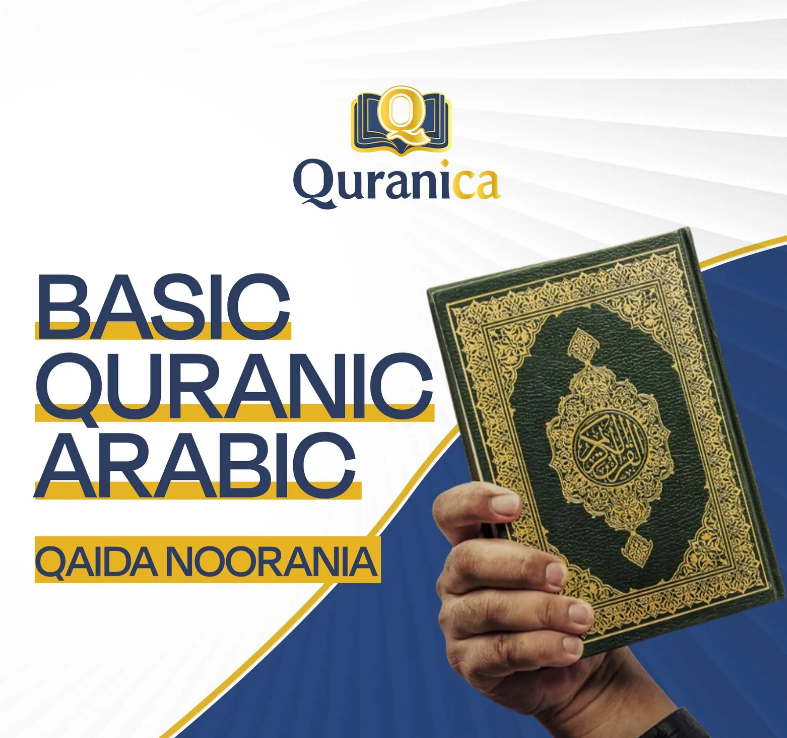
2. A Quranic Quote on Resolving Firmly, Then Trust in Allah
Decision-making is part of life. Islam guides us to consult, reflect, and then, once resolved, place our complete trust in Allah’s plan.
“فَإِذَا عَزَمْتَ فَتَوَكَّلْ عَلَى اللَّهِ ۚ إِنَّ اللَّهَ يُحِبُّ الْمُتَوَكِّلِينَ”
“… Fa idha ‘azamta fatawakkal ‘ala Allah(i), inna Allaha yuhibbu al-mutawakkilin.”
“… And when you have decided, then rely upon Allah. Indeed, Allah loves those who rely [upon Him].” (Surah Al-Imran, 3:159)
Notice the sequence here: First comes “‘azamta” (عزمت) – you have resolved, decided firmly, after due diligence and consultation (Shura).
Then comes the command: “fatawakkal ‘ala Allah” (فتوكل على الله) – then rely upon Allah. Tawakkul isn’t laziness; it follows effort.
And the reward? Allah’s love! “Inna Allaha yuhibbu al-mutawakkilin” (إن الله يحب المتوكلين) – He loves those who practice Tawakkul.
3. A Quranic Verse on Trusting in Allah as the Believers’ Defining Trait
The Quran describes the characteristics of true believers. Among the most prominent is their constant reliance on their Rabb (Lord).
“إِنَّمَا الْمُؤْمِنُونَ الَّذِينَ إِذَا ذُكِرَ اللَّهُ وَجِلَتْ قُلُوبُهُمْ وَإِذَا تُلِيَتْ عَلَيْهِمْ آيَاتُهُ زَادَتْهُمْ إِيمَانًا وَعَلَىٰ رَبِّهِمْ يَتَوَكَّلُونَ”
“Innama al-mu’minoon(a) alladheena idha dhukira Allahu wajilat quloobuhum wa idha tuliyat ‘alayhim ayatuhu zaadat-hum eemaanan wa ‘ala Rabbihim yatawakkaloon.”
“The believers are only those who, when Allah is mentioned, their hearts become fearful, and when His verses are recited to them, it increases them in faith; and upon their Lord they rely.” (Surah Al-Anfal, 8:2)
This Ayah links Tawakkul directly to the identity of a believer (Mu’min). It’s not an occasional act, but a continuous state: “wa ‘ala Rabbihim yatawakkaloon” (وعلى ربهم يتوكلون) – and upon their Lord they rely (continuously).
It comes alongside hearts trembling at Allah’s remembrance and faith increasing with the recitation of His verses. Internalizing such verses, making them a part of one’s very being, is a fruit of dedicated learning and memorization.
Our structured learning, like in our ‘Quran Memorization and Hifz programs‘, can be help you in memorizing these verses and more.

4. Let the Trusting Place Their Trust ONLY in Allah
This verse, spoken by the Messengers, emphasizes the exclusive nature of true Tawakkul. Where else could believers possibly place their trust?
“وَمَا لَنَا أَلَّا نَتَوَكَّلَ عَلَى اللَّهِ وَقَدْ هَدَانَا سُبُلَنَا ۚ وَلَنَصْبِرَنَّ عَلَىٰ مَا آذَيْتُمُونَا ۚ وَعَلَى اللَّهِ فَلْيَتَوَكَّلِ الْمُتَوَكِّلُونَ”
“And why should we not rely upon Allah while He has guided us to our [good] ways. And we will surely be patient against whatever harm you should cause us. And upon Allah let those who would rely [indeed] rely.” (Surah Ibrahim, 14:12)
The structure here in Arabic is powerful. By placing “‘ala Allah” (على الله – upon Allah) first, it emphasizes exclusivity.
It’s only upon Allah that “al-mutawakkiloon” (المتوكلون – those who trust/rely) should place their trust. It poses a rhetorical question: who else is worthy of such complete reliance?
This points to the core of Tawhid (Oneness of Allah) – recognizing that ultimate power and control belong solely to Him.
Read more about: Quranic Verses on the Arabic Language
5. Quranic Quote on Tawakkul as a Condition of Faith
This verse presents Tawakkul not just as a recommended act, but as a prerequisite for true faith when facing challenges.
” وَعَلَى اللَّهِ فَتَوَكَّلُوا إِن كُنتُم مُّؤْمِنِينَ”
“Wa ‘ala Allahi fatawakkaloo in kuntum mu’mineen.”
“And upon Allah rely, if you should be believers.” (Surah Al-Ma’idah, 5:23)
Spoken in the context of encouraging the Children of Israel to enter the promised land, this statement “wa ‘ala Allahi fatawakkaloo” (وعلى الله فتوكلوا – and upon Allah rely) is followed by a conditional clause: “in kuntum mu’mineen” (إن كنتم مؤمنين – if you are [indeed] believers).
This links the act of relying solely on Allah, especially when facing fear or daunting tasks, directly to the state of one’s Iman (faith).
It implies that true belief necessitates Tawakkul. It challenges us to reflect: is our reliance truly upon Allah when difficulties arise?
Read more about: Quranic Verses: 20 Beautiful And Powerful Quranic Quotes in Arabic and English
6. Quranic Quote on Believing in the Most Merciful and Reliance Upon Him
Here, belief in Allah’s attribute of infinite mercy (Ar-Rahman) is directly coupled with the act of placing trust in Him.
“قُلْ هُوَ الرَّحْمَـٰنُ آمَنَّا بِهِ وَعَلَيْهِ تَوَكَّلْنَا ۖ فَسَتَعْلَمُونَ مَنْ هُوَ فِي ضَلَالٍ مُّبِينٍ”
Qul huwa ar-Rahman(u) aamannaa bihi wa ‘alayhi tawakkalnaa fasata’lamoona man huwa fee dalaalin mubeen.
“Say, “He is the Most Merciful; we have believed in Him, and upon Him we have relied. And you will [come to] know who it is that is in clear error.”” (Surah Al-Mulk, 67:29)
Commentary: This verse is a declaration: We believe in “Ar-Rahman” (الرحمن – The Most Merciful), and as a direct consequence, “wa ‘alayhi tawakkalnaa” (وعليه توكلنا – and upon Him we have relied).
Our Tawakkul stems from knowing His boundless Mercy. Trusting Him is not a blind leap, but a logical outcome of recognizing His perfect attributes.
When you truly know Ar-Rahman, how can you not rely entirely upon Him? This connection between Allah’s beautiful names and attributes and our acts of worship, like Tawakkul, is a profound area of study in Islam.
7. Quranic Command: Worship Him and Rely Upon Him
This verse beautifully pairs the command to worship Allah alone with the command to rely solely upon Him, showing their intrinsic connection.
“وَلِلَّهِ غَيْبُ السَّمَاوَاتِ وَالْأَرْضِ وَإِلَيْهِ يُرْجَعُ الْأَمْرُ كُلُّهُ فَاعْبُدْهُ وَتَوَكَّلْ عَلَيْهِ ۚ وَمَا رَبُّكَ بِغَافِلٍ عَمَّا تَعْمَلُونَ”
“Wa lillahi ghaybu as-samawati wal-ardhi wa ilayhi yurja’u al-amru kulluh(u), fa’budhu wa tawakkal ‘alayh(i), wa ma rabbuka bighafilin ‘amma ta’maloon.”
“And to Allah belongs the unseen [aspects] of the heavens and the earth, and to Him will be returned the matter, all of it, so worship Him and rely upon Him. And your Lord is not unaware of what you do.” (Surah Hud, 11:123)
After establishing Allah’s absolute knowledge and control over everything seen and unseen (“ghayb as-samawati wal-ardh” – غيب السماوات والأرض) and that all affairs return to Him (“ilayhi yurja’u al-amru kulluh” – إليه يرجع الأمر كله), the logical conclusion follows: “fa’budhu wa tawakkal ‘alayh” (فاعبده وتوكل عليه – so worship Him and rely upon Him).
Worship (‘Ibadah) and reliance (Tawakkul) are presented together. Why? Because the One who controls everything and to whom all matters return is the Only One worthy of our worship and the Only One truly capable of handling our affairs when we rely on Him.
The verse ends with a comforting reminder: “wa ma rabbuka bighafilin ‘amma ta’maloon” (وما ربك بغافل عما تعملون) – your Lord is not unaware of what you do. He sees your efforts, your worship, and your reliance.
8. A Quranic Quote on Leaning Towards Peace and Trust Allah
Tawakkul is not just for personal struggles; it guides interactions even in times of potential conflict. This verse advises leaning towards peace when possible, while grounding this inclination in trust in Allah.
“وَإِن جَنَحُوا لِلسَّلْمِ فَاجْنَحْ لَهَا وَتَوَكَّلْ عَلَى اللَّهِ ۚ إِنَّهُ هُوَ السَّمِيعُ الْعَلِيمُ”
(Wa in janahoo lis-salmi fajnah laha wa tawakkal ‘ala Allah; innahu huwa as-Samee’u al-‘Aleem)
“And if they incline to peace, then incline to it [also] and rely upon Allah. Indeed, it is He who is the Hearing, the Knowing.” (Surah Al-Anfal 8:61)
If an opposing party ‘janahoo lis-salmi‘ (جَنَحُوا لِلسَّلْمِ) – shows an inclination towards peace – the instruction isn’t suspicion, but reciprocity: ‘fajnah laha‘ (فَاجْنَحْ لَهَا) – incline towards it too.
The verse immediately provides the spiritual safeguard: ‘wa tawakkal ‘ala Allah‘ (وَتَوَكَّلْ عَلَى اللَّهِ) – rely upon Allah. We take the righteous path (seeking peace) and entrust our safety and the outcome to Him, because He is ‘as-Samee’u al-‘Aleem‘ (السَّمِيعُ الْعَلِيمُ) – the All-Hearing, the All-Knowing, aware of all intentions and realities.
9. A Quranic Quote About Trusting in Allah as a Protection Against Satan
Here, in Surah Nahl, the Quran makes a connection between Tawakkul and protection against Satan’s influence.
“إِنَّهُ لَيْسَ لَهُ سُلْطَانٌ عَلَى الَّذِينَ آمَنُوا وَعَلَىٰ رَبِّهِمْ يَتَوَكَّلُونَ”
(Innahu laysa lahu sulṭaanun ‘ala alladheena aamanoo wa ‘ala rabbihim yatawakkaloon)
“Indeed, there is for him no authority over those who have believed and rely upon their Lord.” (Surah An-Nahl 16:99)
Tawakkul is therefore a shield, a protection Allah grants to the believer against being swayed by the whispers of the Shaytan. Truly knowing this, understanding its meaning, and reciting it frequently in Quranic Arabic can strengthen our defenses immeasurably.
10. A Quranic Verse on Planning Coupled with Trust in Allah
The story of Prophet Yusuf (Joseph, peace be upon him) offers profound lessons. Here, his father Prophet Yaqub (Jacob, peace be upon him) gives advice that perfectly blends taking practical measures with ultimate reliance on Allah.
“وَقَالَ يَا بَنِيَّ لَا تَدْخُلُوا مِن بَابٍ وَاحِدٍ وَادْخُلُوا مِنْ أَبْوَابٍ مُّتَفَرِّقَةٍ ۖ وَمَا أُغْنِي عَنكُم مِّنَ اللَّهِ مِن شَيْءٍ ۖ إِنِ الْحُكْمُ إِلَّا لِلَّهِ ۖ عَلَيْهِ تَوَكَّلْتُ ۖ وَعَلَيْهِ فَلْيَتَوَكَّلِ الْمُتَوَكِّلُونَ”
(Wa qala ya baniyya la tadkhuloo min babin wahidin wadkhuloo min abwabin mutafarriqah; wa ma ughnee ‘ankum mina Allahi min shay’; ini alhukmu illa lillah; ‘alayhi tawakkaltu; wa ‘alayhi falyatawakkali al-mutawakkiloon)
“And he said, “O my sons, do not enter from one gate but enter from different gates; and I cannot avail you against Allah at all. The decision is only for Allah; upon Him I have relied, and upon Him let those who rely [indeed] rely.”” (Surah Yusuf 12:67)
This is Tawakkul in action: take wise steps, but know that the ultimate reliance and trust must always be placed in Allah.
He knows that true protection and the final outcome rest only with Allah: ‘inil-hukmu illa lillah‘ (إِنِ الْحُكْمُ إِلَّا لِلَّهِ) – The decision is only for Allah.
Therefore, his own stance and advice is clear: ‘alayhi tawakkaltu‘ (عَلَيْهِ تَوَكَّلْتُ) – Upon Him I have relied, and ‘wa ‘alayhi falyatawakkali al-mutawakkiloon‘ (وَعَلَيْهِ فَلْيَتَوَكَّلِ الْمُتَوَكِّلُونَ) – upon Him let all those who rely, rely.
Start Your Quran Journey with Quranica
Understanding and embodying Tawakkul is a journey, deeply intertwined with connecting to the words of Allah SWT. Reading translations is beneficial, but tasting the sweetness of the Quran in its original Arabic, understanding its depth, and reciting it correctly opens doors to a much richer relationship with our Creator and His guidance.
At Quranica, we are blessed to facilitate this journey for you. Our team comprises:
- Native Arab Teachers: Primarily Egyptians, deeply rooted in the classical Arabic language.
- Al-Azhar Graduates: Holding degrees from one of the most prestigious institutions of Islamic learning.
- Extensive Experience: Years dedicated to teaching Quran, Arabic, and Islamic Studies specifically to non-Arabs like yourself.
- Certified Instructors: Many teachers hold Ijazah (certification) in Quranic recitation, ensuring authentic transmission of knowledge.
- Affordable & Personalized: We offer competitive pricing and tailor learning plans to your individual needs and pace.
Whether you are just beginning or seeking to deepen your knowledge, we have programs designed for you:
- Online Quran Classes for Beginners.
- Learn Quran with Tajweed
- Quran Memorization (Hifz) Programs
- Quranic Arabic
- Learn Quran Recitation
- Tafsir Course
- Islamic Studies Online Course
Explore our full range of courses.
Enroll in your trial class at Quranica today!
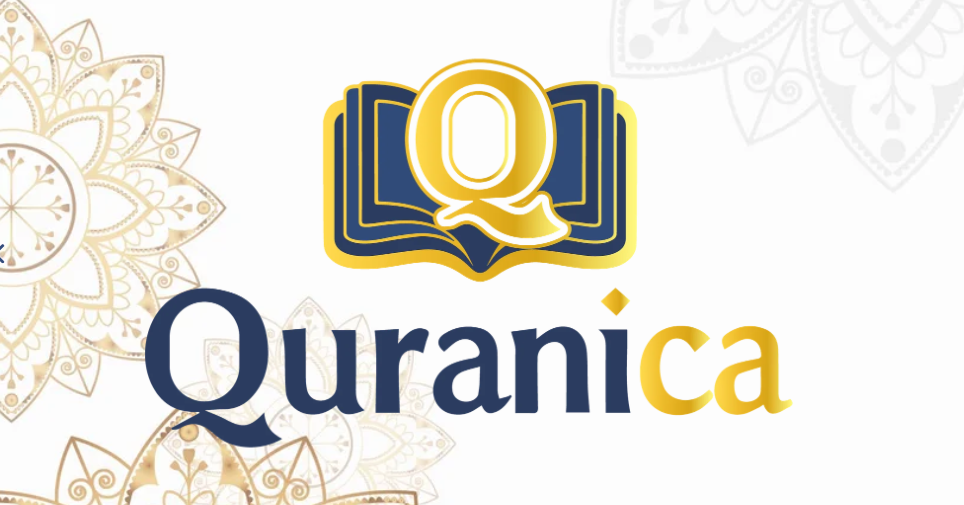
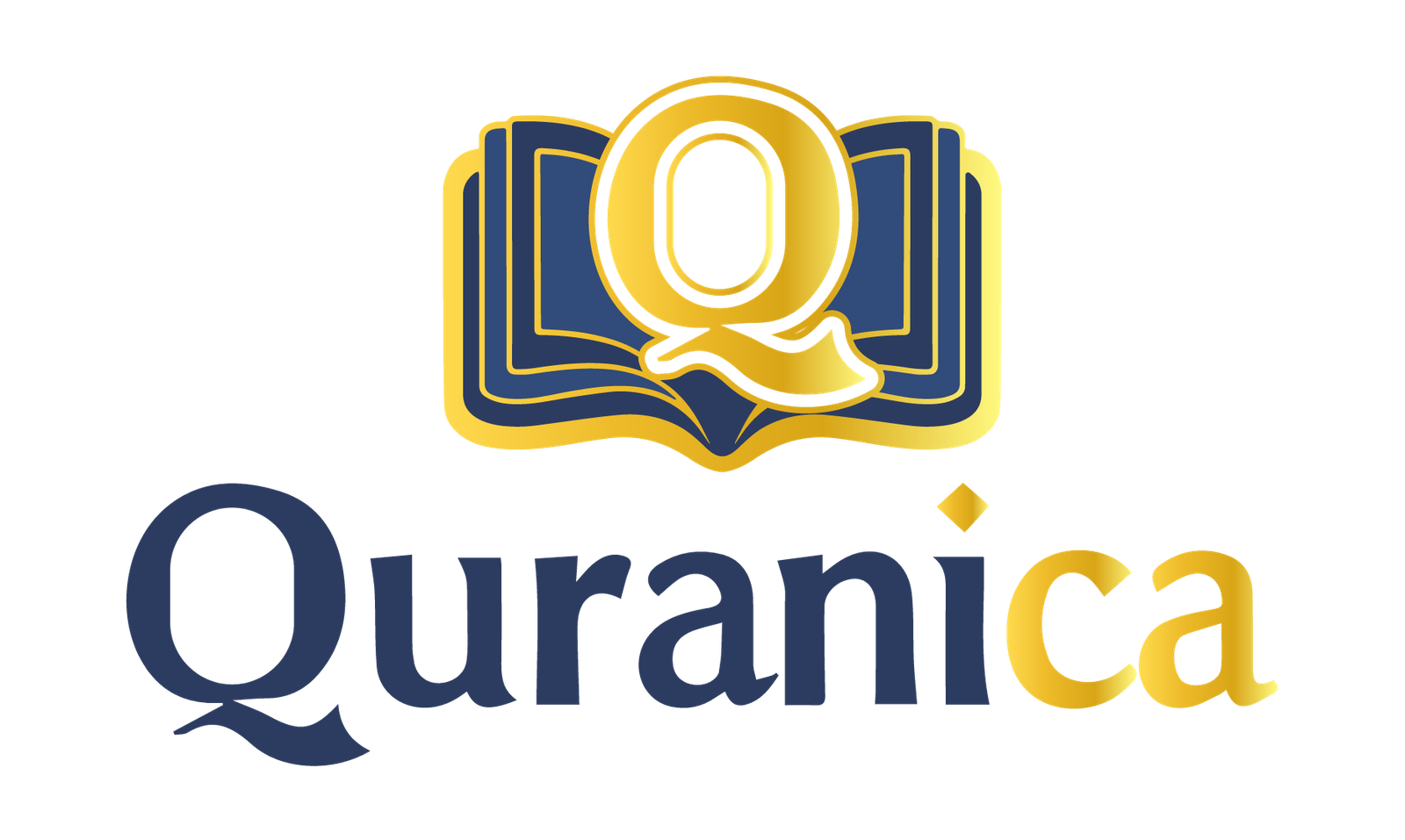
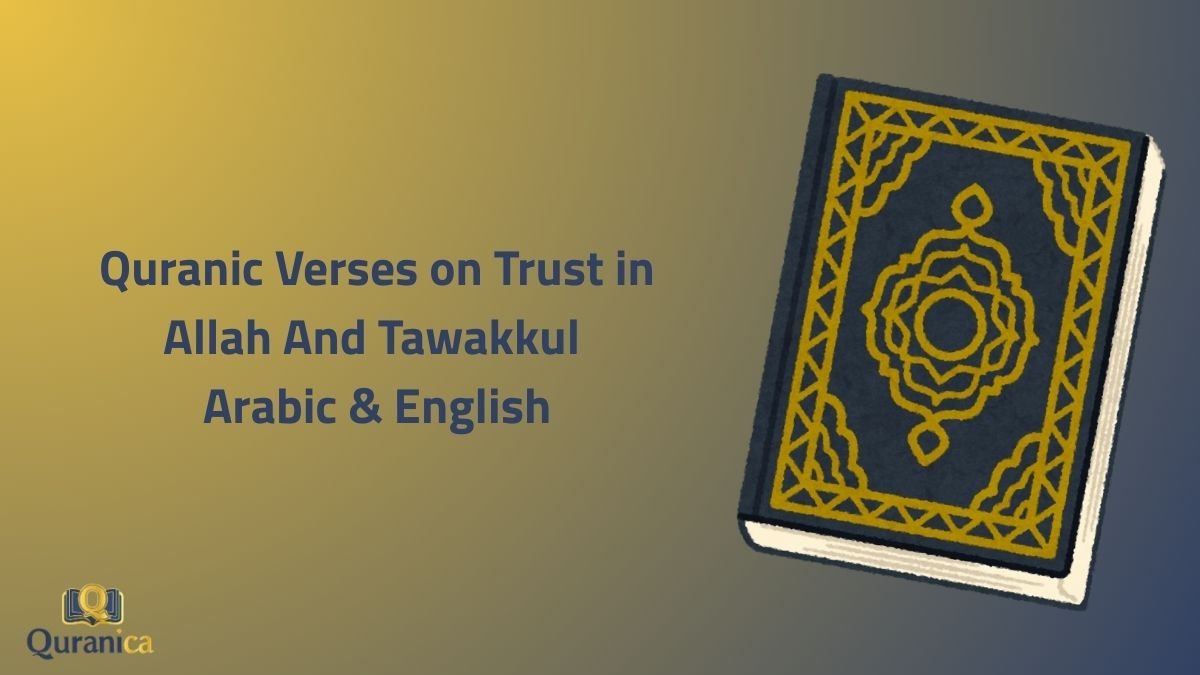



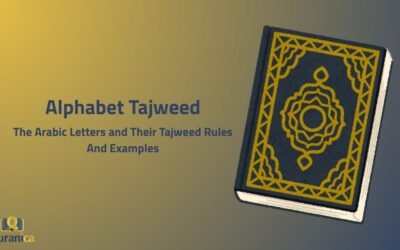


0 Comments